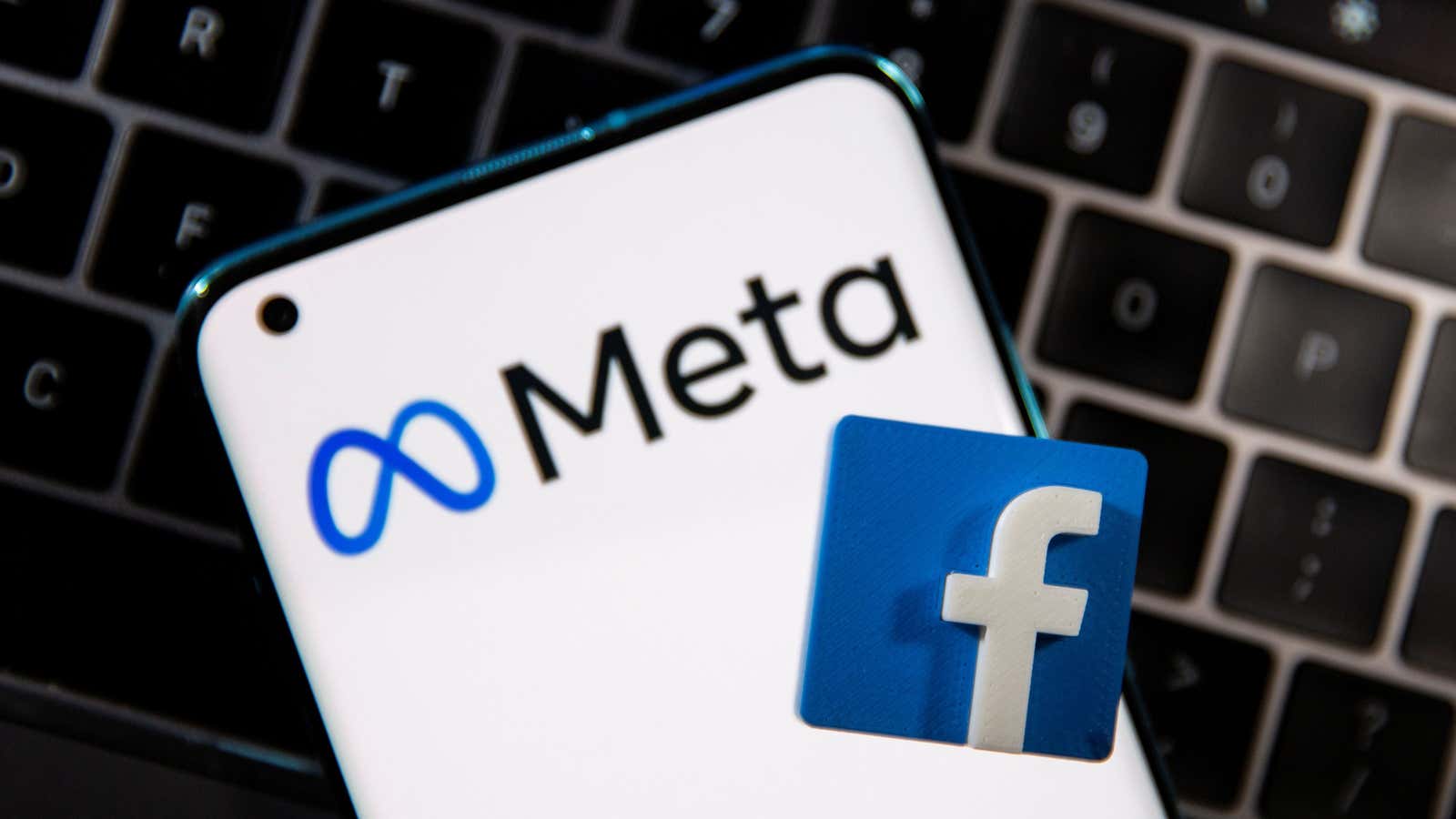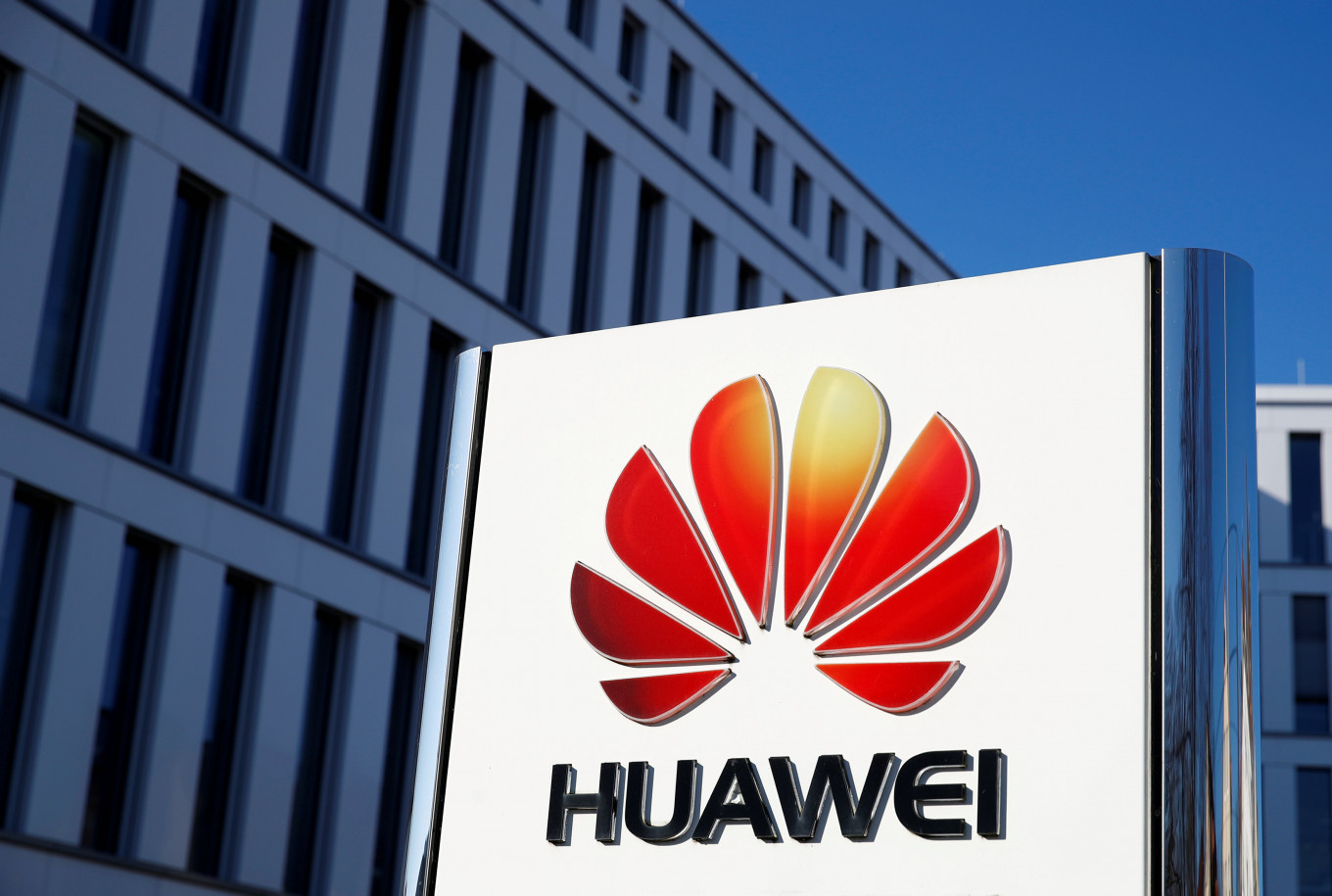Meta, the social media company owned by Mark Zuckerberg, has deleted the Facebook and Instagram accounts of Iran’s Supreme Leader, Ayatollah Ali Khamenei. Check out the reasons.
Khamenei’s Facebook and Instagram accounts are no longer accessible. According to Meta, these accounts have been deactivated, meaning they have been permanently deleted.
“We have removed these accounts because they repeatedly violated the Dangerous Organizations and Individuals policy,” said a Meta spokesperson, citing CNN, on Monday (12/2).
The policy does not allow organizations or individuals who advocate violence or are involved in violence to appear on all social media platforms under Meta. This includes those who glorify, support, or represent terrorist organizations designated by the US government.
Iran has long been accused of arming Hamas, designated by the US Department of State as a Foreign Terrorist Organization (FTO). In 2021, the US Department of State stated that this group received funding, weapons, and training from Iran.
Iran is also believed to have armed and trained the Houthi in Yemen, which was re-designated as an FTO by President Biden last month.
“There has been much pressure on Meta to stop Khamenei’s promotion of organizations listed as dangerous organizations and individuals since October 7,” said Mahsa Alimardani, a digital rights researcher at Article 19, a human rights NGO.
“It is regrettable [that his account] was not taken down earlier for harmful content against his own people,” she added.
Meta did not provide a specific reason why Khamenei’s account fell under the Dangerous Organizations and Individuals Policy.
Khamenei’s main Instagram account had over 5 million followers before being deleted.
This week, Microsoft revealed that “actors allied with the government” of Iran have launched a series of cyberattacks since October 2023, “intended to assist Hamas’ struggle and weaken Israel as well as its political allies and business partners.”
Tehran officially denied its involvement in Hamas’ attack on Israel on October 7.
“Many of Iran’s direct operations after October 7 were rushed and chaotic – indicating that Iran had little to no coordination with Hamas – yet still achieved increasing success,” said Microsoft in a blog post on Tuesday.
There were 11 cyber influence operations activated by Iran in October 2023 alone, compared to one operation every two months in 2021.
In early December 2023, hackers allied with Iran disrupted several streaming TV services in the UAE, Canada, and the UK, replacing them with fake news videos featuring news anchors seemingly created by AI claiming to show images of injured and killed Palestinians due to Israeli military operations.
“We estimate that the threat posed by Iran’s cyber operations and influence will continue to increase as the conflict persists,” said the Microsoft Threat Intelligence report.
“The growing boldness of Iranian actors and those affiliated with Iran, combined with the evolving collaboration among them, signals an increasing threat leading up to the US general election in November,” said Microsoft.



